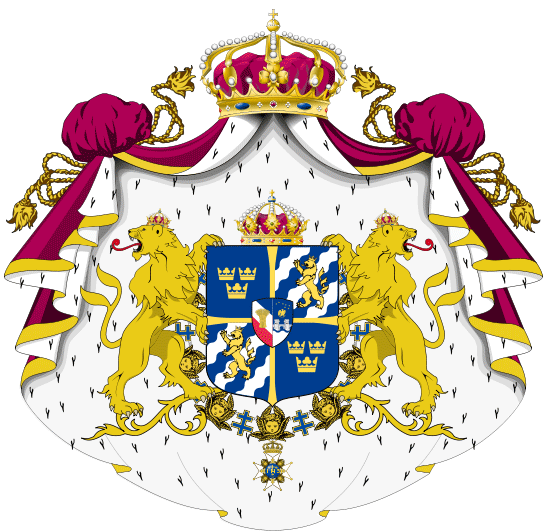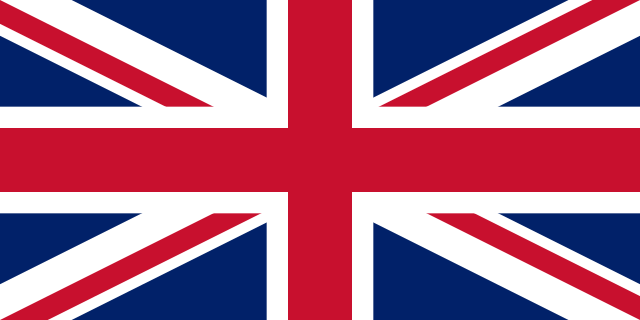
Citizens of Bulgaria! Hear my truthful words, and let us band together in these darkened days.
The Great War has concluded, and now our Empire had been forced into constraint and recession by the victorious nations. Such is the price of defeat, secession of territory and heavy war reparations has fallen upon us as a tremendous burden. And yet, amidst this period of great fear of the future, the people of Bulgaria shall not cower away in the presence of such danger. We are a strong people, our agriculture authority and our effective education institutions will sustain our position, assuring the people of Bulgaria that we will not crumble under the weight of modern issues presented to the nation.
We are challenged with many threats, but will peruse the solution to all of them. First and foremost, we will begin to advance the technological standards of this nation, no longer will it be restricted to obsolete utensils, but rather upgraded to more sufficient tools for the hard working Bulgarian farmer! Indeed, we are a nation of farmers and Agrarians, and as such we must unite together against the Communist parties within our society, and their allies, the Bulgarian Agrarian National Union, which is threatening the stability of the middle-class of Bulgaria, despite their recent election win this previous year. Perhaps the most apparent action that has politically disrupted the nation, is the recent land reform presented by Prime Minister Stamboliyski, which intends to break up state properties, church lands, and the holdings of peasants from all classes.
Yet together, the people of Bulgaria shall restore themselves as the most effective industrious people in the world, fervent with clear work ethics, and new technology to assist them on their way to prosperity. As one nation, as one mind, we shall bring greatness in a time of gloom.
We are challenged with many threats, but will peruse the solution to all of them. First and foremost, we will begin to advance the technological standards of this nation, no longer will it be restricted to obsolete utensils, but rather upgraded to more sufficient tools for the hard working Bulgarian farmer! Indeed, we are a nation of farmers and Agrarians, and as such we must unite together against the Communist parties within our society, and their allies, the Bulgarian Agrarian National Union, which is threatening the stability of the middle-class of Bulgaria, despite their recent election win this previous year. Perhaps the most apparent action that has politically disrupted the nation, is the recent land reform presented by Prime Minister Stamboliyski, which intends to break up state properties, church lands, and the holdings of peasants from all classes.
Yet together, the people of Bulgaria shall restore themselves as the most effective industrious people in the world, fervent with clear work ethics, and new technology to assist them on their way to prosperity. As one nation, as one mind, we shall bring greatness in a time of gloom.
His Imperial Majesty, Tsar Boris III, Emperor of the Third Bulgarian Empire













